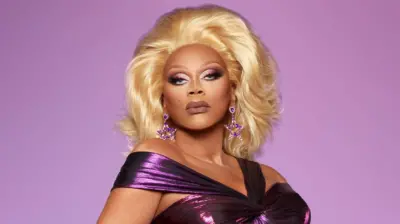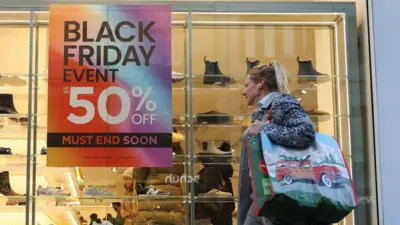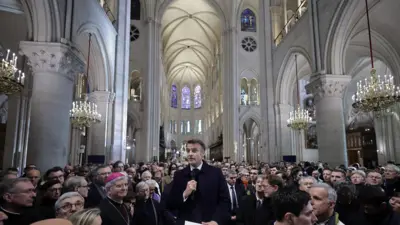We've updated our Privacy and Cookies Policy
We've made some important changes to our Privacy and Cookies Policy and we want you to know what this means for you and your data.
Tattoo artist told her deafness 'would be an issue’
Image source, ≥…»ÀøÏ ÷/JESS LORD
- Author, Jess Lord
- Role, ≥…»ÀøÏ ÷ News
A woman who was told her deafness would "be an issue" in becoming a tattoo artist has defied doubters and become the go-to person in her community for body art.
Naomi Dalby, 37, said deaf clients regularly travelled from Glasgow and London to be inked by her in Barton-upon-Humber.
The 37-year-old from Hull said she often fixed tattoos customers had got elsewhere that hadn't turned out right due to a "barrier" in communicating with their tattooist.
Ms Dalby, who believes she is the only deaf tattoo artist in the UK, said she was "very surprised" to learn she had been named a finalist in ≥…»ÀøÏ ÷ Radio Humberside's Make A Difference Awards.
Image source, ≥…»ÀøÏ ÷/JESS LORD
Ms Dalby, who was born deaf, said watching her mother being tattooed cemented her ambition at age nine to become a tattoo artist.
Early on in her career, she said she was told by other tattoo artists that her "deafness would be an issue" because her first language was British Sign Language.
But she said her deaf clients had told her that not one of them had been happy with their experiences of being tattooed by artists who can hear, and there had been serious miscommunications.
Ms Dalby explained that when she herself had got tattoos on her back, she had been unable to lip-read, and some were not as described because English was her second language.
Image source, ≥…»ÀøÏ ÷/JESS LORD
Paul Gardner said it had been a different experience being tattooed by Ms Dalby.
The 38-year-old, who is deaf, said: "It was fantastic, because we could video call [beforehand] and speak from the heart and connect. I’ve not been having that before."
Ms Dalby said she "so appreciated being recognised" in the awards' community category, which recognises those who have helped to change the lives of others.
She added: "People say to me, 'I thought deaf people can’t drive, I thought deaf people can’t dance'. It's breaking down these stereotypical thoughts. I think it’s important to say it’s not true, we can do everything – and more."
Top Stories
More to explore
Most read
Content is not available








